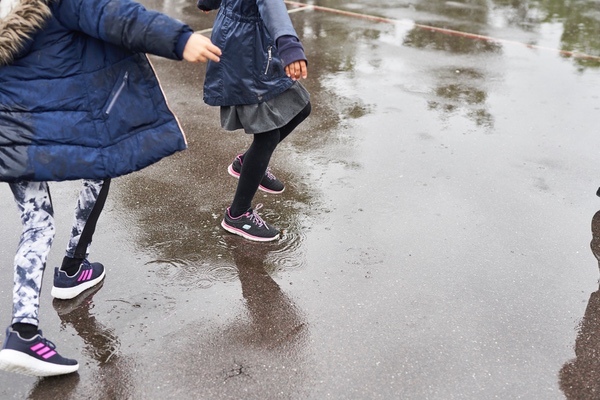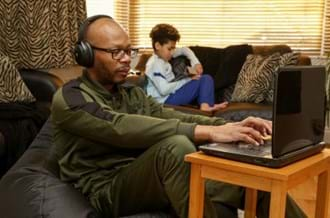What is a designated mental health lead?
Sarah Hannafin, senior policy advisor at NAHT, shares her view on the role of the designated mental health lead.

The Department of Health & Social Care and the Department for Education held a consultation on ‘Transforming children and young people’s mental health provision: a green paper’ in which one of the key proposals was to incentivise all schools to identify a Designated Senior Lead for mental health and wellbeing.
In our responses to both the government consultation, and the Education and Health Select Committees enquiry, NAHT has supported this role. In our survey last year, 69% of respondents reported that there is a designated member of staff responsible for mental wellbeing in their school and over 84% agreed that schools should have a single member of staff with relevant knowledge and expertise to act as the school lead for mental health.
But we have also been absolutely clear on the right role for schools and their staff in supporting pupil’s mental wellbeing. The government has accepted this and stated that the role of the new Designated Mental Health leads in schools is not that of a mental health professional, and teachers and school leaders should not be involved in the diagnosis or treatment of mental health conditions.
So what should that role involve?
NAHT is very clear about the remit of the role of schools in supporting children and young people’s mental wellbeing. The key aspects of the school’s role which should be overseen by the designated senior lead are:
Contributing to promoting good mental health and emotional wellbeing amongst pupils of all ages by:
- Developing a whole school approach to support mental wellbeing
- Teaching about mental health and wellbeing through a programme of PSHE
Playing a key part in identifying emerging mental health needs of pupils by:
- Making sure staff can recognise signs and symptoms of mental health needs in pupils and know what to do should they have a concern
Referring those pupils on to health professionals for appropriate specialist support and treatment by:
- Having a clear process to follow where a concern is raised about a pupil’s mental wellbeing
- Developing links with specialist mental health services
- Knowing what local and national help and support is available in order that these can be signposted to pupils and their families to access help and support
Supporting and managing pupils with mental health needs in the school environment and in their learning by:
- Ensuring staff are equipped with the skills to support and manage pupils with mental health needs in their learning
- Where appropriate, sharing information about pupils who are experiencing any mental health issues with those who work with them in school so that they can be supported in the school environment
The main incentive for schools to have a designated lead is that the DfE have said they will provide training. However, the details about this training are unclear, other than the comment in their response to the consultation which says “We agree... training for the role should be substantial and appropriately long-term.” The Department for Education plan to make training available to one-fifth of schools from September 2019 and therefore we assume that training to cover the lead in all schools will take several years to deliver.
And this takes us back to our major area of concern about the scale and pace proposed by the green paper for the vital improvements to mental health provision. Only 20-25% of the country will be involved over the next five years. This means significant numbers of schools, children and young people may see no improvement in mental health support in their area for many years and we continue to urge the Departments of Education and Health to actively seek ways to increase the pace of the rollout of the green paper’s proposals across the country.
This guest blog was originally posted on the NAHT website.
Read a summary of Place2Be's response to the green paper.
This blog was written in a personal capacity and does not necessarily reflect the view of the organisation.
News & blogs

Place2Be online parenting course now available to organisations
Place2Be's online parenting course helps working parents and carers feel better equipped to manage their parenting journey.
Read more
Three charities launch wellbeing video for young carers
Three charities have joined forces to launch a new video aimed at fostering the wellbeing and creativity of young carers.
Read more
“Know Yourself, Grow Yourself”: A look back at Children’s Mental Health Week 2025
During Children’s Mental Health Week 2025, we encouraged people to embrace self-awareness and explore what it means to them.
Read more



